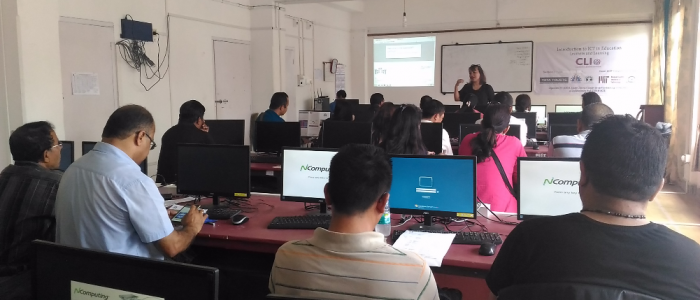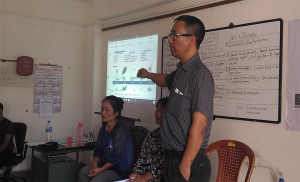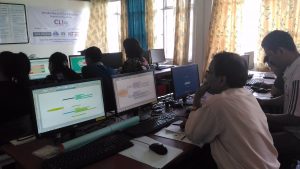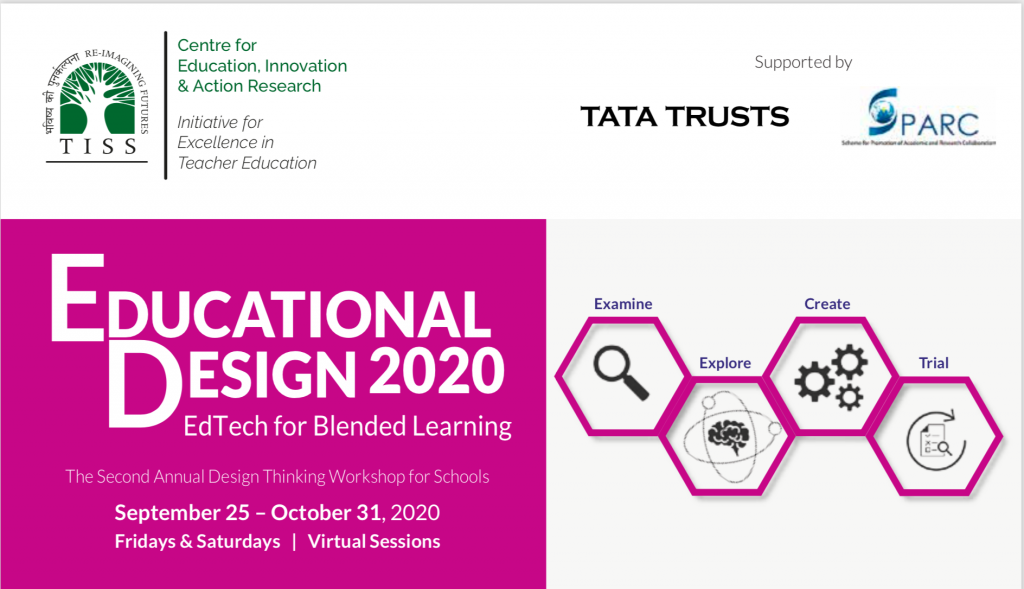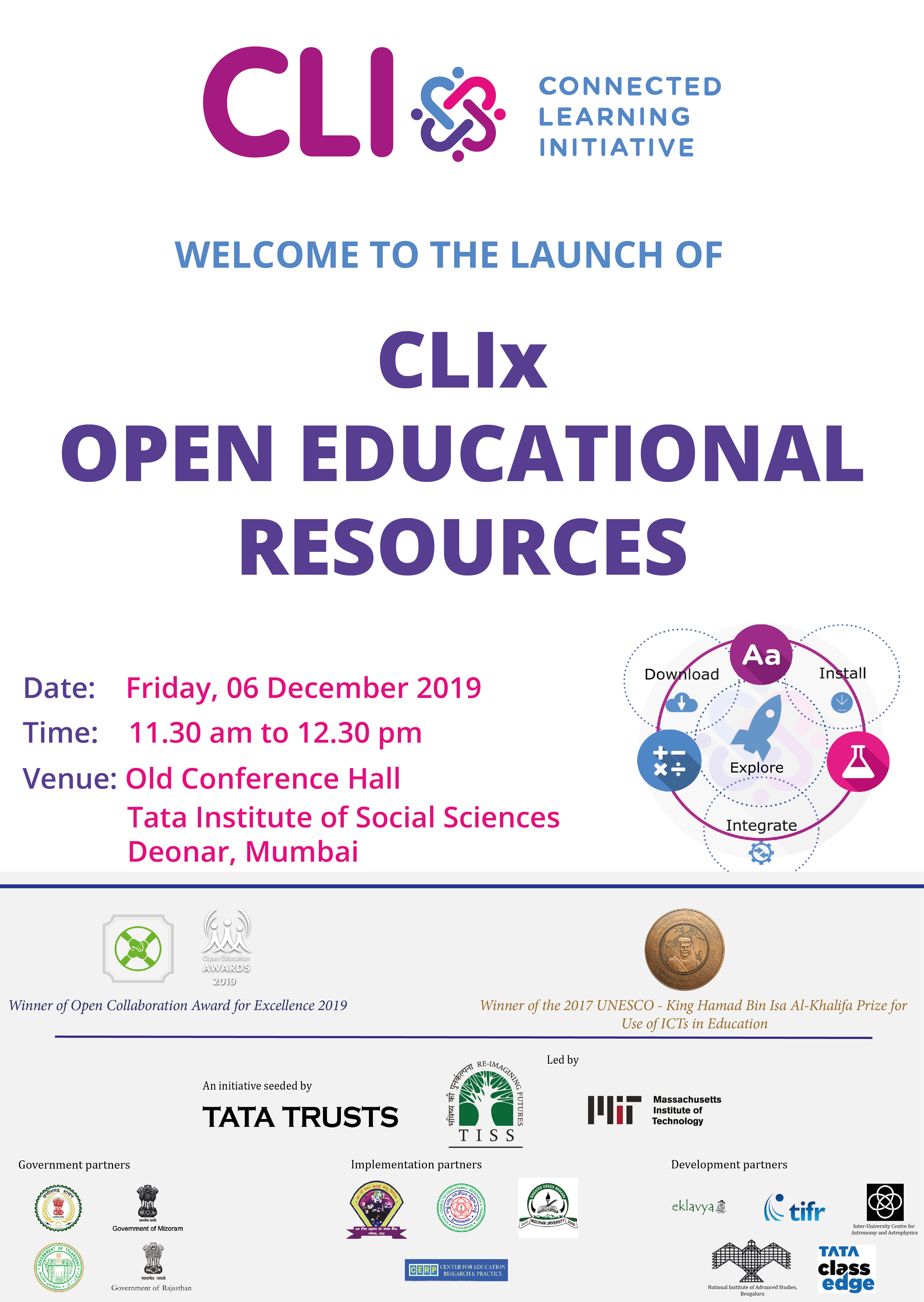Digital Literacy Training, Mizoram
The CLIx Postgraduate Certificate Programme in Reflective Teaching in ICT for in-service teachers in elementary and secondary schools has a digital literacy component.The first training, called i2C (Invitation to CLIx), was held in April 2016 for all domain subject teachers. The second digital literacy F2F training on learners and learning was held in May 2017 at DIET and SCERT computer lab, Aizawl, for CLIx teachers. The objectives of the training were to develop one’s practice as a reflective teacher; to develop understanding and skills to nurture an interactive, active and inclusive classroom; to develop understanding and skills of ICT use for professional development and teaching; and to learn to become an active member of a community of professional practice.
RMSA invited 137 CLIx domain teachers for the training, of whom only 50 attended (36.5%). On the first day of the training, teachers shared their personal experiences related to teaching–learning, that is, good learning and reflection on their ‘most memorable’ experiences.
Teachers were formed into groups to read and discuss a UNESCO document about learning theories, including 21st century skills and pedagogic pillars. Each group chose three learning theories and presented the theories’ key points, advantage and disadvantages, roles of teachers and students and impact on teaching practice.
For the next activity, teachers were grouped by their teaching subjects and tried to integrate application like Libre office (spreadsheets), Inkscape and mind map to teach a topic in their subjects. The worked out topics were presented and participants discussed how and when the applications could be integrated into teaching and learning practice based on authentic resources, learning and teaching.
The TISSx website was introduced, and participant teachers signed up. At the end of the training, teachers submitted assessments online, shared activities in COP groups and discussed their opinions and suggestions in groups. Overall, participating teachers were active, interested in all the activities and found it useful to integrate technology along with traditional methods in classroom teaching.
(Prasanna Sangma, Field Action Research Fellow and Vnalalruatfela Hlondo, Field Coordinator, Mizoram Implementation team, CLIx)


